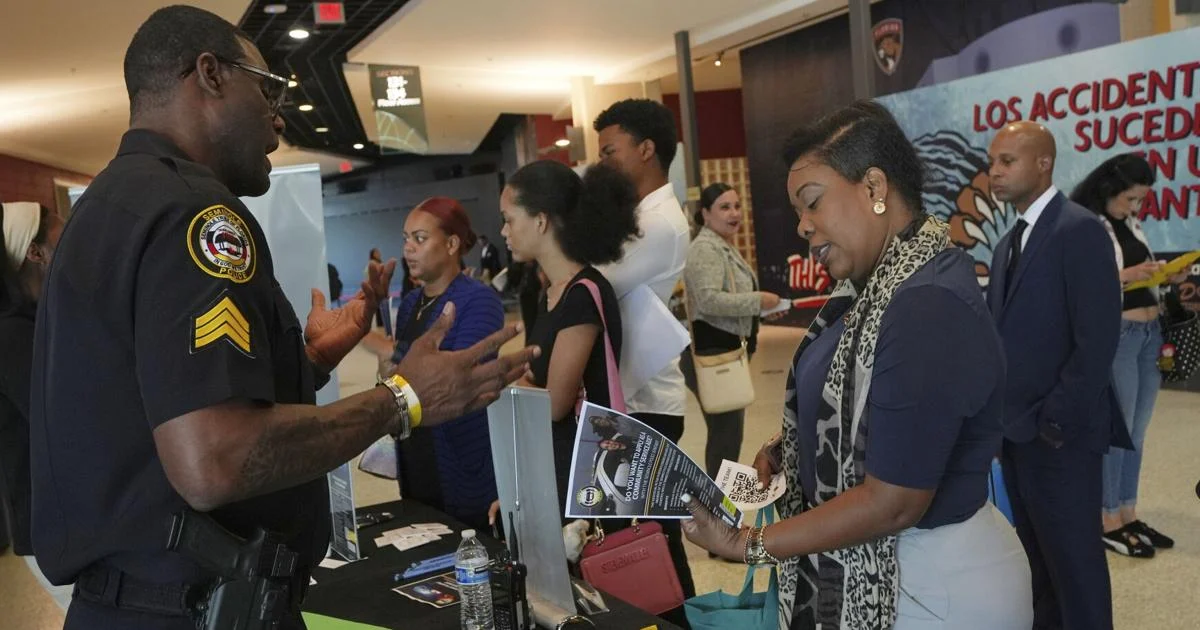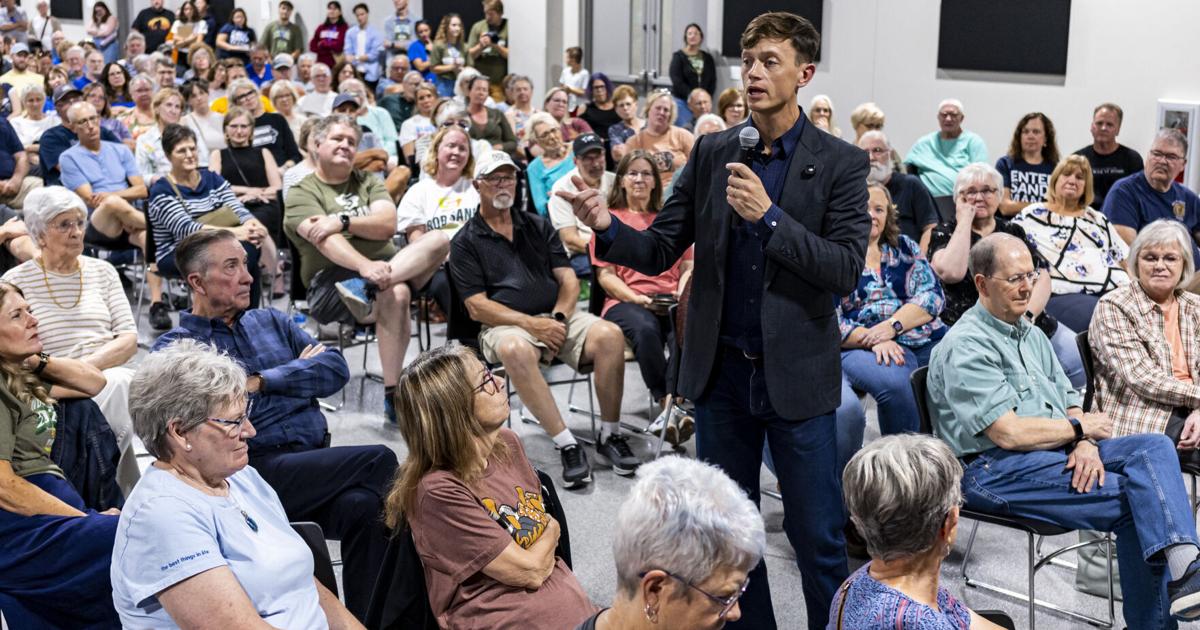
WASHINGTON — Before the 2024 election, Donald Trump warned that Black Americans were losing their jobs in droves and things would get even worse if he did not return to the White House.
“You should demand that they give you the numbers of how many Black people are going to lose their job,” the candidate said at a rally. “The African American population, they’re getting fired at numbers that we have never seen before.”
Upset by inflation and affordability issues, Black voters shifted modestly toward the Republican last year on the promise that he could boost the economy by stopping border crossings and challenging foreign factories with tariffs. Yet, with Trump back in office since January, recent economic data shows a widening racial wealth gap.
Black unemployment climbed from 6.2% to 7.5% this year, the highest level since October 2021. Black homeownership fell to the lowest level since 2021, according to an analysis by the real estate brokerage Redfin. This month, the Census Bureau said the median Black household income fell 3.3% last year to $56,020, which is roughly $36,000 less than what a white household earns.
That’s notable, as job losses for Black Americans historically foreshadowed a wider set of layoffs across other groups.
“Black Americans are often the canary in the coal mine,” said Angela Hanks, a former official at the Consumer Financial Protection Bureau and the Labor Department who is now at The Century Foundation, a liberal think tank.
The Trump White House stressed that some of these downward trends, such as a relative decline in Black wealth, began under Democratic President Joe Biden. It emphasized the “diversity, equity and inclusion” policies pushed by Democrats failed to deliver economic gains.
“Despite his lunatic obsession with DEI, Joe Biden’s disastrous economic agenda reduced the Black share of household wealth by nearly 25%,” White House spokesman Kush Desai said. “His inflationary policies caused interest rate hikes that froze Americans out of homeownership, and his open borders policies flooded the country with tens of millions of illegals who drove down wages.”
Some Black voters see Trump’s policies as doing more to hurt than help
Some Black voters who stayed on the sidelines in 2024 feel they need to be more engaged politically.
Josh Garrett, 30, a salesperson in Florida, said is frustrated by Trump’s layoffs of federal workers and sees a government more geared toward billionaires than the middle class.
“I don’t understand how you could be for the American people and have Americans lose their jobs when they have families, have bills,” Garrett said.
While the financial outlook for Black Americans deteriorated, the net worth of white households largely held steady or increased, mostly because of stock market performance.
Hanks noted the “chaotic effects” of Trump’s tariffs and spending cuts hit more vulnerable populations right now but the damage could soon spread beyond.
Listen now and subscribe: Apple Podcasts | Google Podcasts | Spotify | Stitcher | RSS Feed | SoundStack | All Of Our Podcasts
Black leaders see Trump’s policies as discriminatory based on race
The federal layoffs appear to have disproportionately hit Black Americans because they make up a meaningful share of the government workforce. The administration maintains that its income tax cuts, tariffs and deportations of immigrants who are in the United States illegally will help Black Americans, but there is little evidence so far.
At the same time, Trump said he would like to deploy the National Guard to Chicago, New Orleans, Baltimore and Memphis, Tennessee — cities led by Black mayors.
The president called for redrawing congressional districts to favor Republicans, which could dilute the ability of Black voters to shape elections. He sought to diminish the legacy of slavery and segregation from the Smithsonian museums.
“The message that they are sending is very clear: In these places, these people are incapable of governing themselves,” Baltimore Mayor Brandon Scott said. “They are incapable of helping to solve their own issues. And make no mistake about it, it’s partly due to how we look.”
The Democrat warned that the mounting economic challenges could contribute to crime in the future, reversing progress cities made in recent years to lower homicide rates.
Trump might not be able to afford alienating Black voters
Black Americans are the dominant core of the Democratic base, though Trump improved his standing with them. In 2024, Trump won 16% of Black voters, doubling his 2020 share, according to AP VoteCast, an extensive survey of the electorate. One of the key differences appeared to be frustration over inflation and affordability.
Roughly one-third of Black voters (36%) in the 2024 presidential election said the economy and jobs was the most important issue facing the country, up from 11% in 2020, when the COVID-19 pandemic was the top issue.
In a July poll by The Associated Press-NORC Center for Public Affairs Research, about half of Black adults (52%) said the amount of money they are paid was a “major” source of stress in their life right now, slightly higher than for U.S. adults overall (43%) and significantly higher than for white adults (37%).
The business news you need
Get the latest local business news delivered FREE to your inbox weekly.
* I understand and agree that registration on or use of this site constitutes agreement to its user agreement and privacy policy.



